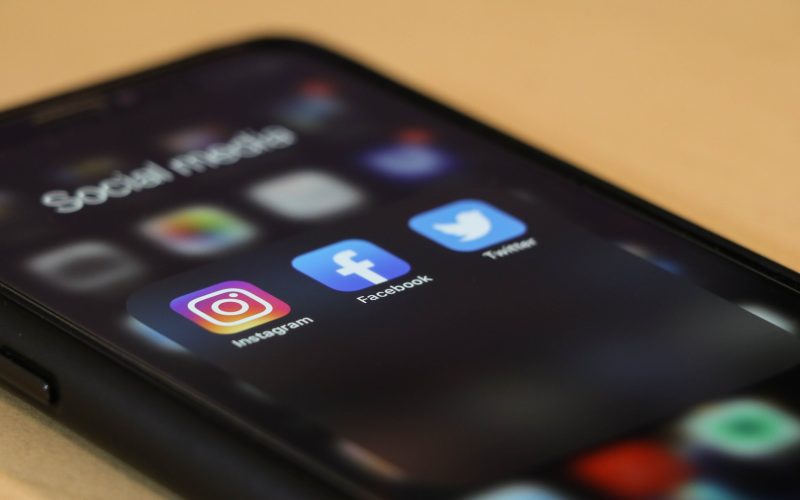The United States Supreme Court is set to rule on a case that will determine whether elected officials can block their constituents on social media platforms like Twitter and Facebook. The case, which is being closely watched by legal experts and First Amendment advocates, centers around the question of whether elected officials’ social media accounts are considered public forums, and therefore, should be subject to the same free speech protections as physical spaces like parks and town halls.
The case originated in 2017 when several constituents sued two elected officials in separate cases for blocking them on Twitter after they had posted comments critical of the officials. The plaintiffs argued that the officials’ actions violated their First Amendment rights by limiting their ability to participate in public discussions and access government information.
Lower courts have issued conflicting rulings on the issue. In 2019, the Second Circuit Court of Appeals ruled that President Donald Trump’s blocking of Twitter users from his @realDonaldTrump account violated the First Amendment because the account was used for official government purposes. The court held that when an elected official uses social media to conduct government business, that social media account is a public forum, and therefore, restrictions on speech are subject to strict scrutiny.
However, in a separate case in 2020, the Fourth Circuit Court of Appeals ruled that a Virginia politician’s blocking of a constituent on her Facebook page did not violate the First Amendment because her Facebook page was not a public forum.
The Supreme Court will now consider whether elected officials’ social media accounts are considered public forums and subject to First Amendment protections, or if they can limit speech by blocking constituents who disagree with them.
Legal experts say that the outcome of the case could have far-reaching implications for elected officials’ use of social media, and for the ability of constituents to participate in public discussions and hold their elected officials accountable.
Some critics argue that allowing elected officials to block constituents on social media sets a dangerous precedent, as it could allow officials to limit free speech and control the narrative around their policies and actions.
Others, however, contend that officials have the right to control their social media accounts and limit interactions with constituents who engage in harassment or other forms of abusive behavior.
Regardless of the outcome of the case, it is clear that social media is playing an increasingly important role in the relationship between elected officials and their constituents. As more and more Americans turn to social media as a way to stay informed and engage with their elected officials, it is crucial that the law keeps pace with these changes and ensures that free speech and open dialogue are protected in the digital age.












